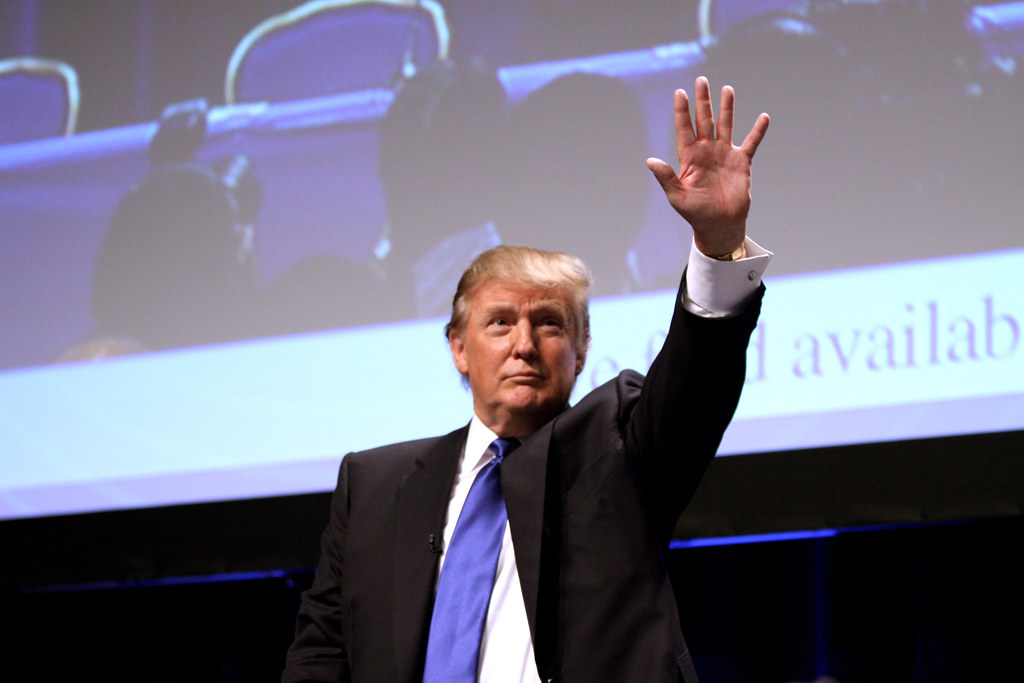Key Takeaways:
– The Trump administration canceled New York’s congestion pricing plan.
– This decision is seen as a victory for working-class people and small businesses.
– Officials called the plan unfair to those who cannot afford extra fees.
– The move may impact traffic and transportation plans in NYC.
The Trump administration has stopped a controversial plan to charge drivers extra fees to enter parts of New York City. This plan, called congestion pricing, was meant to reduce traffic but faced a lot of criticism.
What Happened?
In a letter to New York Governor Kathy Hochul, U.S. Transportation Secretary Sean Duffy announced the federal government is withdrawing its approval of the congestion pricing plan. He called the plan unfair to working-class Americans and small business owners.
The plan would have charged drivers a fee to enter busy areas of Manhattan during peak hours. Supporters said it would reduce traffic and raise money for public transportation. But critics argued it would hurt people who already struggle to pay their bills.
Why Was This Plan Controversial?
Congestion pricing was unpopular with many New Yorkers. Some said it punished people who couldn’t afford to pay extra fees to drive into the city. Others worried it would hurt small businesses that rely on delivery trucks and customers coming in from outside the city.
Secretary Duffy said the plan was “a slap in the face” to working-class Americans. He argued that everyone should be able to visit New York City, no matter how much money they make.
How Did People React?
Many people cheered the decision. Working-class New Yorkers and small business owners saw it as a win. They said the fees would have made life even harder for them.
However, some supporters of congestion pricing were disappointed. They believed the plan would have helped fix traffic problems and improve public transit.
What’s Next for NYC Traffic?
Without congestion pricing, NYC will need to find other ways to deal with traffic and fund transportation improvements. Some ideas include increasing tolls on other roads or finding new sources of funding.
The cancellation of the plan shows how difficult it can be to balance solving traffic problems with making sure everyone can afford to get around.
This decision by the Trump administration has big implications for New York City and its residents. It shows how politics and everyday concerns can shape the way cities try to solve their problems.
